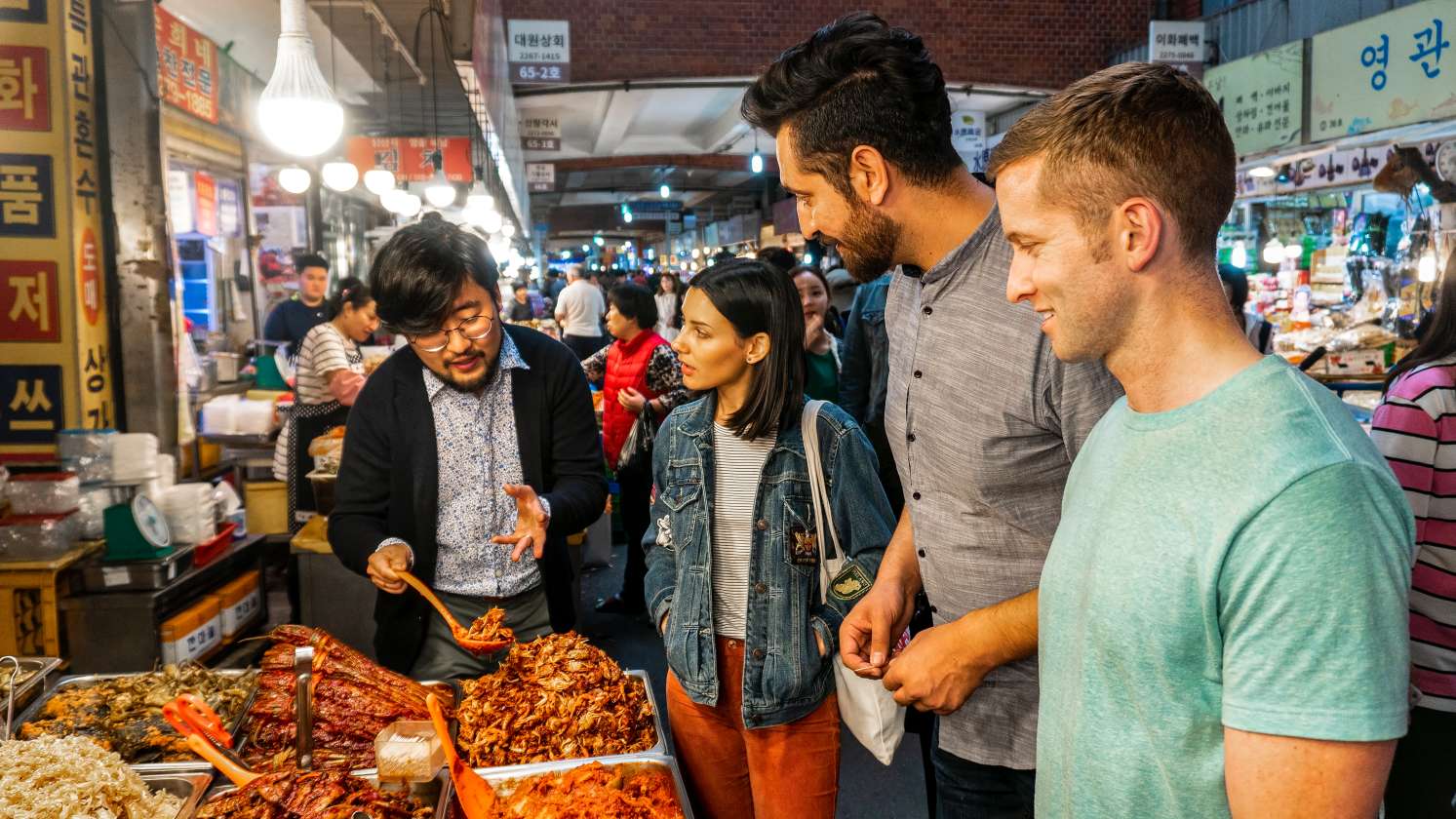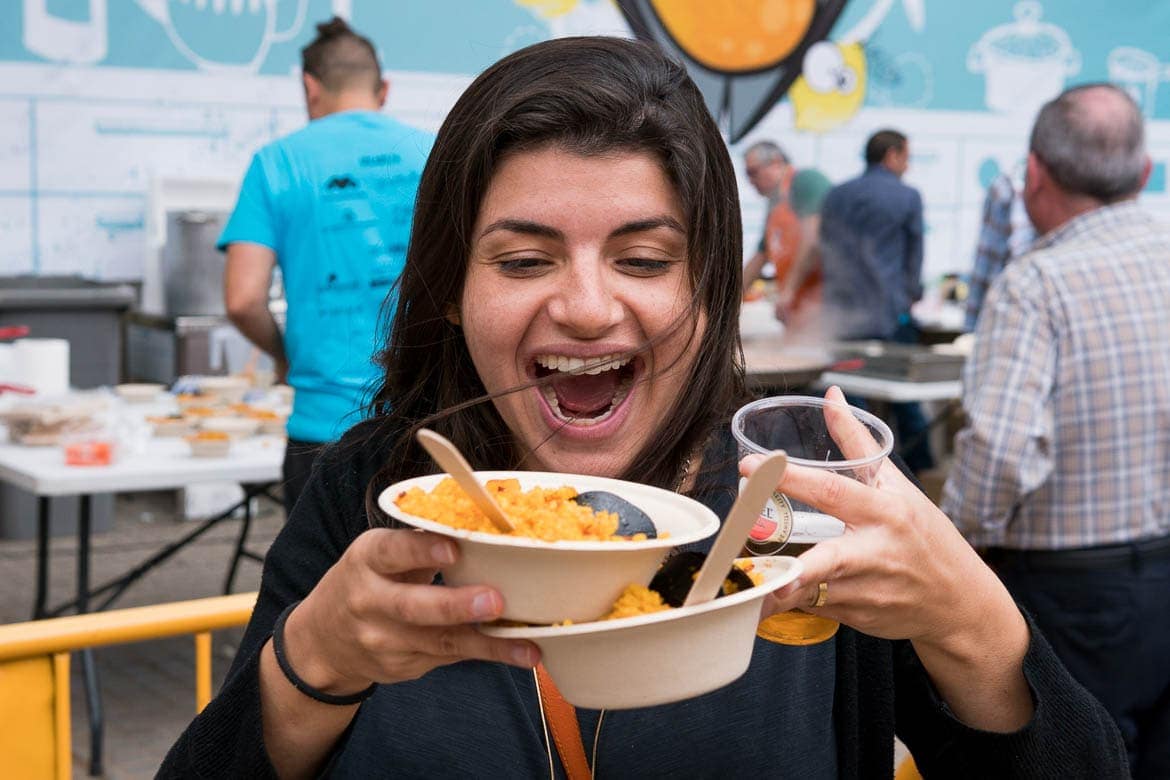Hanoi Food Tour Adventures: A Cooking Journey Via Hanoi's Streets
Hanoi Food Tours: Journey Through Flavor and Culture
Hanoi Food Tours present a distinct chance to engage with the city's culinary heritage, offering participants a possibility to experience not only the diverse flavors but likewise the social stories that go along with each meal. As one browses with the streets of Hanoi, an exploration of the cultural significance behind iconic dishes waits for, motivating one to take into consideration just how these tastes shape the identity of this vibrant city.
Culinary Highlights of Hanoi
Although Hanoi is renowned for its abundant background and lively culture, its culinary scene is equally engaging, supplying a diverse array of tastes and dishes that show the city's special heritage. Central to Hanoi's cuisine is the iconic Pho, an aromatic noodle soup generally made with beef or hen, enhanced by a fragrant broth infused with seasonings like star anise and cinnamon. An additional staple is Bun Cha, which includes barbequed pork patties served with vermicelli noodles and a zesty dipping sauce, exemplifying the unified equilibrium of sweet, salted, and sour tastes.
Street food plays a considerable function in the cooking landscape, with suppliers serving specials such as Banh Mi, a Vietnamese sandwich filled up with meats, fresh veggies, and spicy condiments. In addition, the standard dish of Cha Ca, seasoned fish sautéed with turmeric and dill, supplies a special taste of regional ingredients and food preparation techniques.

Popular Food Tour Options
Checking out Hanoi's cooking landscape through food excursions offers an immersive experience that showcases the city's varied tastes and culinary customs (hanoi food tour). Amongst the most prominent alternatives are street food trips, which lead participants through dynamic markets and covert alleyways, tasting famous meals like pho, banh mi, and bun cha. These trips often include communications with regional suppliers, providing understandings right into the prep work of each recipe
One more favored selection is a cooking course combined with a market check out. Individuals initially discover local markets to select fresh ingredients before returning to a culinary institution or regional home to find out typical food preparation strategies. This hands-on experience not only deepens gratitude for Vietnamese cuisine but also gears up tourists with skills to recreate dishes back home.
For those seeking a distinct point of view, motorbike food trips provide an exciting method to navigate the city while sampling a series of road foods in numerous areas. In addition, specialized tours focusing on vegan or vegan food cater to dietary preferences, making certain inclusivity. Each scenic tour offers an unique chance to engage with Hanoi's vivid food scene, making them a vital part of any type of culinary journey in the city.
Social Relevance of Local Dishes
The social relevance of local recipes in Hanoi expands far beyond plain food; it reflects the city's abundant history and diverse impacts. Each meal works as a story, telling tales of the different areas that have formed the culinary landscape of see post this vibrant city. The precious Pho, a fragrant noodle soup, personifies the melding of Vietnamese components with French cooking techniques presented during colonial regulation.
Additionally, local meals frequently signify socio-economic conditions and local specialties, showcasing the farming bounty of the surrounding locations. Road food, such as Banh Mi and Bun Cha, is not only a testimony to the ingenuity of regional suppliers but additionally a celebration of common eating culture, where food ends up being a medium for social interaction.
In addition, traditional foods are commonly intertwined with routines and festivals, noting important life occasions and communal celebrations. The preparation and sharing of these dishes cultivate a sense of belonging and connection within the community. Inevitably, the cuisine of Hanoi offers not just to nourish the body, but to link people with their heritage, making every meal a social experience steeped in history and value.
Tips for a Genuine Experience
An authentic food experience in Hanoi requires greater than just tasting popular dishes; it includes involving oneself in the local society and adopting the methods of the homeowners. Start by engaging with regional suppliers at road markets, where you can observe the prep work of typical recipes and connect with the cooks. This not just improves your understanding of the food but likewise fosters links with the neighborhood.
Another suggestion is to accept the regional dining rules. Numerous Vietnamese meals are appreciated family-style, so do not wait to share meals. Furthermore, make use of chopsticks properly, as this suggests regard for the cooking custom.

Checking Out Concealed Food Gems
Hanoi is home to many hidden food gems that provide a special preference of neighborhood culinary customs. Snuggled within bustling roads and charming alleys, these dining establishments offer meals that reflect the abundant social tapestry of the city. One such treasure is "Bánh Cuốn," a fragile rice noodle recipe typically full of minced pork and mushrooms, generally enjoyed with a side of appetizing dipping sauce.
One more must-try is "Phở Bò," discovered in tiny, family-run restaurants where dishes have actually been passed down through generations. The aromatic broth and tender beef exemplify Hanoi's mastery in stabilizing tastes.
Exploring these regional faves frequently leads to unforeseen cooking thrills, like "Chả Cá," a barbequed fish meal seasoned in turmeric and dill, offered with vermicelli noodles and peanuts.

Conclusion
Finally, Hanoi Food Tours provide an enriching experience that transcends mere eating, welcoming participants to engage deeply with the city's cooking heritage. The varied options offered, from road food expeditions to immersive food preparation classes, assist in an extensive understanding of local tastes and customs. By focusing on authentic description interactions with suppliers and exploring lesser-known eateries, individuals can fully appreciate the social relevance of Hanoi's cuisine, inevitably fostering a better appreciation for the city's vivid gastronomic landscape.
Hanoi Food Tours offer an one-of-a-kind chance to engage with the city's cooking heritage, offering participants a possibility to experience not just the varied tastes but additionally the social stories that go along with each dish.Checking out Hanoi's cooking landscape through food tours provides an immersive experience that showcases the city's cooking practices and varied flavors. hanoi food tour.For those looking for a special perspective, motorbike food scenic tours provide a thrilling way to browse the city while tasting a range of street foods in numerous areas.A genuine food experience in Hanoi requires more than merely sampling popular click to read more meals; it involves immersing oneself in the neighborhood society and taking on the techniques of the homeowners.Hanoi is home to countless hidden food treasures that offer an unique taste of neighborhood cooking practices